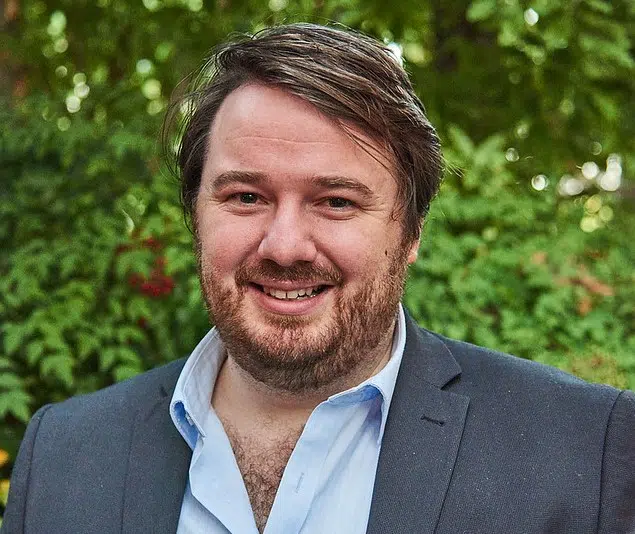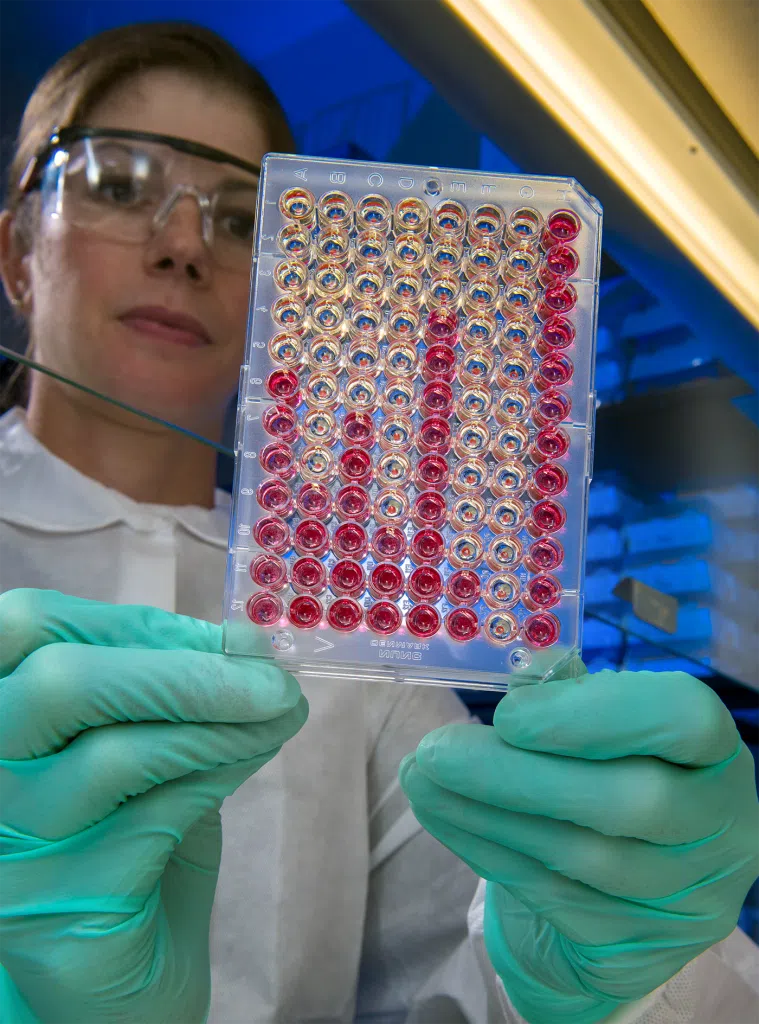M/E Research Clinic, Australia
David Fineberg, MBBS, FRACGP, DCH
University of Melbourne, Australia
Paul Gooley, PhD
Elena Schneider-Futschik, PhD
Natalie Thomas, PhD
Kathy Huang, PhD
Neil McGregor, PhD
David Fineberg, MBBS, FRACGP, DCH
Xiaoyun Wang, PhD
Elena Christopolous
Jamie Elliott
Fei Yan
David Ascher, PhD
Elisha Josev, PhD
Sarah Knight, PhD
Adam Scheinberg, FRACP, FAFRM, MMed(ClinEpi)
Kristin Brown, PhD
Michael Menden, PhD
Leigh Johnston, PhD
Rebecca Glarin, BApSc, PGDip(MRI)
Rob Williams
Bradford Moffat, PhD
Christopher Rowe, BMBS, FRACP, MD, FAANMS
Wenjie Shan
Stanford University, USA
Ronald Davis, PhD
Michael Snyder, PhD
Robert Phair, PhD
Laurel Crosby, PhD
Jaime Seltzer
Linda Lan, PhD
Yue Wu, PhD
Jessi Li
Longsha, Liu
Uppsala University, Sweden
Jonas Bergquist, MD, PhD
Harvard-Affiliated Hospitals, USA
David Systrom, MD
Wenzhong Xiao, PhD
University of Montreal, Canada
Alain Moreau, PhD
University of Alabama Birmingham, USA
Jarred Younger, PhD
University College London, UK
Jo Cambridge, PhD
Massachusetts Institute of Technology, USA
Michal Tal, PhD
Beth Pollack
La Trobe University, Australia
Sarah Annesley, PhD
Paul Fisher, PhD
Daniel Missailidis, PhD
Australian National University, Australia
Brett Lidbury, PhD
Alice Richardson, PhD
Monash University, Australia
Joanne Fielding, PhD
Meaghan Clough, PhD
Caroline Gurvich, Dpsych
Jade Bartholomew
Macquarie University, Australia
Benjamin Heng, PhD
Baker Institute, Australia
Keegan Moneghetti, FRACP, PhD
Murdoch Children’s Research Institute, Australia
Tracey Chau, PhD
Victoria University, Australia
Joshua Johnson, PhD
South Australian Health and Medical Research Institute (SAHMRI), Australia
Martin Lewis, PhD
Michael Musker, PhD

